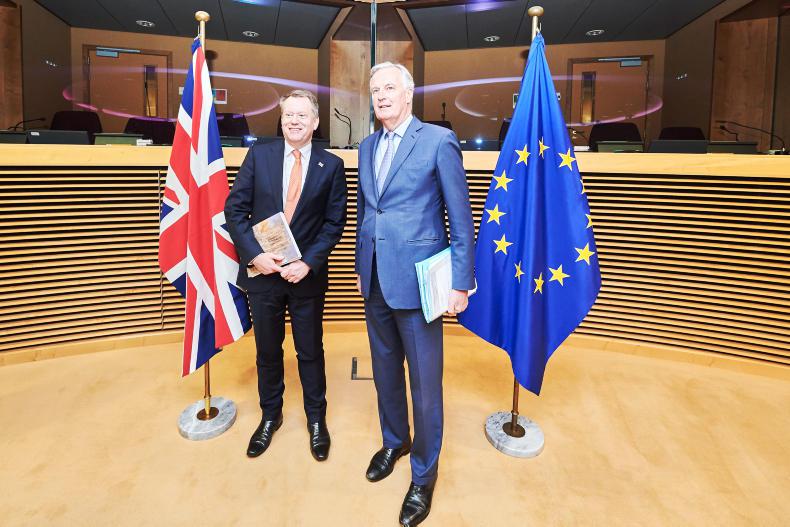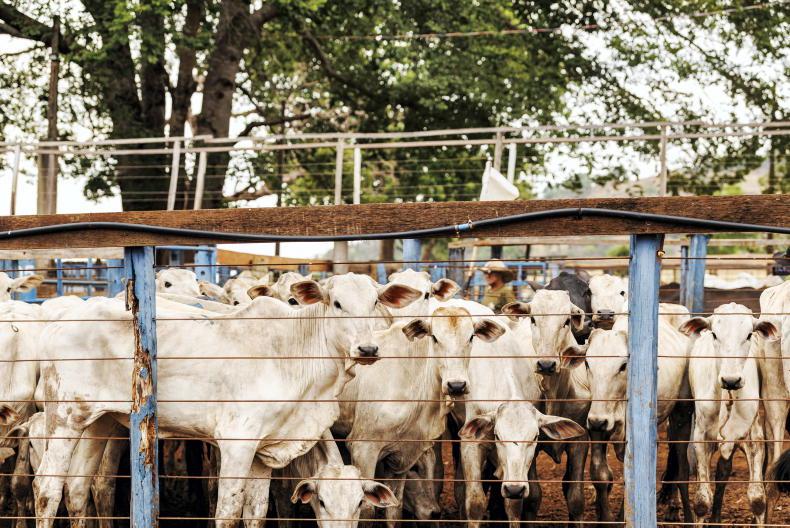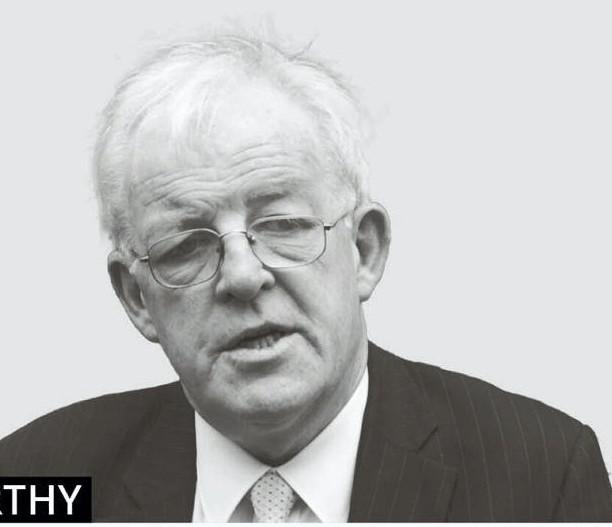Four-and-a-half years after voting to leave the EU, there is now some certainty in place on how the EU will trade with the UK after 1 January 2021 as negotiators on both sides brokered a deal on Christmas Eve.
Even though there is a deal with no tariffs and no quotas on goods traded, it will still be what was described in the early stages of discussions on a future relationship as a “hard border”.
In effect, that means that whereas goods have been travelling between the UK and EU without checks or customs and health documentation, these will now be reinstated.
European Commission president Ursula von der Leyen said it was worth fighting for this deal.
"We now have a fair and balanced agreement with the UK. It will protect our EU interests, ensure fair competition and provide predictability for our fishing communities.
"Europe is now moving on," she said.
Damage limitation
For Irish farmers, this can best be described as a damage limitation exercise. If no deal had been agreed and tariffs introduced, it would have wiped out the two largest exports of Irish agricultural produce to Britain, beef and cheese, because the level of tariffs on these products are punitively high.
A no-tariff, no-quota agreement means these products can continue to be traded at the same price but have to deal with the logistical difficulties of having veterinary certificates and customs declarations.
The number of declarations and certificates is projected to increase from 1.5m annually to 20m, according to the Taoiseach speaking on a visit to Dublin Port in November.
This will cause delays on Irish exports to Britain and disrupt just-in-time supply chains, but the hope is that in time Irish exporters and hauliers will adapt to what is effectively the trading arrangement that existed before the single market came into effect on 1 January 1993.
Northern Ireland
The absence of tariffs will help smooth trade on goods into Northern Ireland (NI) from Britain, though documentation will be required. Products of animal origin (meat and dairy) will require export health certificates for every transaction and checks will be undertaken on an average of 40 trucks per day at NI ports entering from Britain.
There will be no new checks or documentation for trade either way across the Irish border, and business can continue as before.
Future threats
While this deal will allow Irish agricultural produce continued access to the British market, the reality is that as the UK proceeds with its own trade deals, competition in this market will increase.
Already the UK is in negotiation with Australia and New Zealand, and both countries have ambitions of increasing beef and lamb sales to the UK, plus dairy in the case of New Zealand.
Ireland currently supplies 80% of beef imported by the UK and even more of the cheddar and these will face stiff competition in what will likely be a lower-value market whenever these trade deals are concluded.
The deal will bring some relief to Irish farmers, particularly in the beef sector as it avoids the feared cliff-edge of tariffs.
However, it is the path to a very different place for Irish beef in the British market, with the return of paperwork and inspections in the short term and greater competition from non-EU countries in the medium and longer term.









SHARING OPTIONS